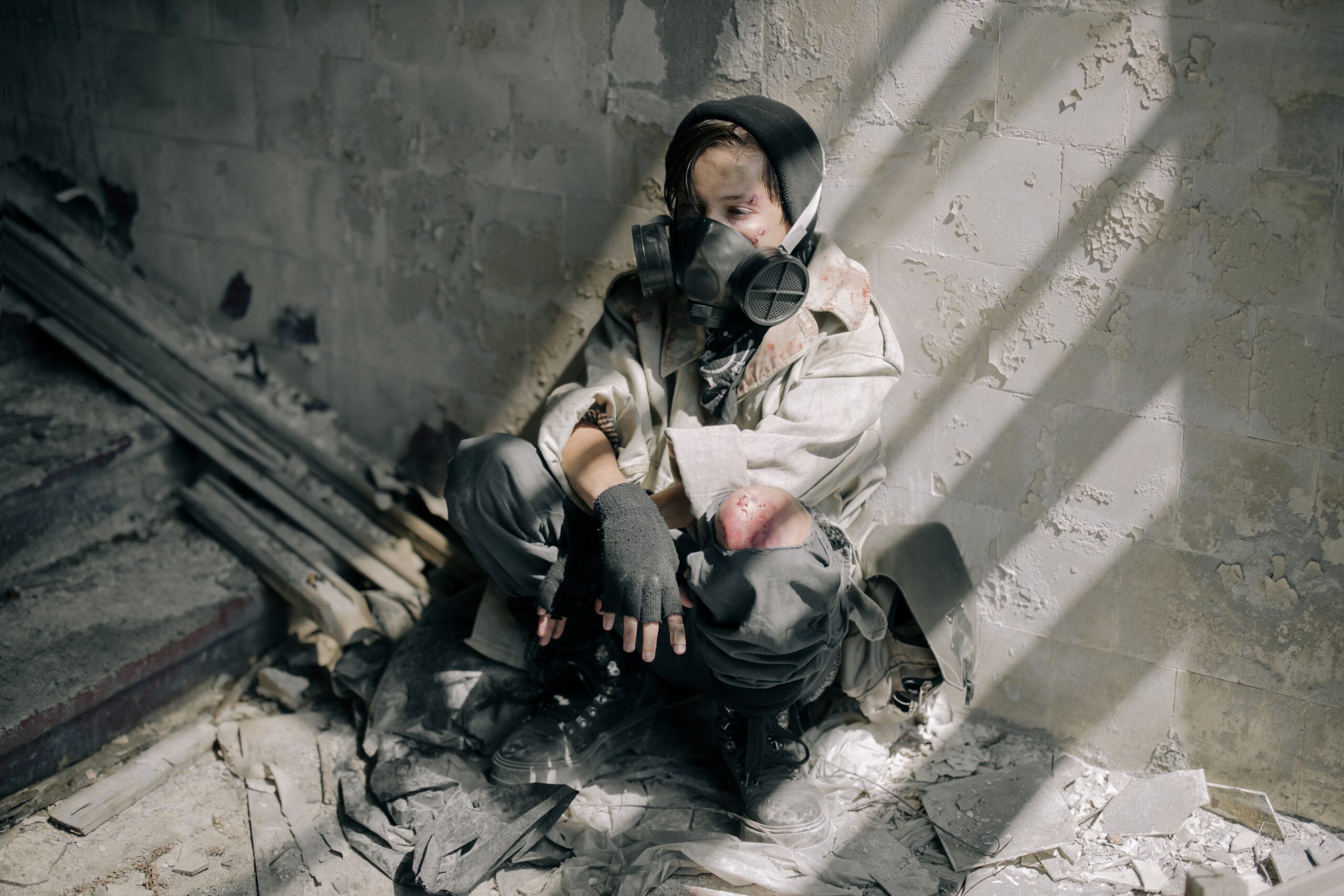Disadvantage of indoor air quality

Indoor air quality (IAQ) refers to the quality of air within and around buildings and structures as it relates to the health and comfort of the occupants.
Poor IAQ can have several negative effects on individuals, ranging from minor irritations to serious respiratory illnesses. Unfortunately, there are several disadvantages of indoor air quality that can have detrimental effects on our health and well-being.
One of the most significant disadvantages of indoor air quality is the potential for exposure to harmful pollutants.
Indoor air can contain a range of pollutants, including dust, allergens, and volatile organic compounds (VOCs). These pollutants can lead to a variety of health problems, such as eye irritation, headaches, dizziness, and nausea. In some cases, exposure to indoor air pollutants can even lead to more serious health issues, such as asthma, lung cancer, and heart disease.
Another disadvantage of indoor air quality is the potential for poor ventilation. Inadequate ventilation can result in a buildup of pollutants in the air, as well as a decrease in oxygen levels. This can lead to feelings of lethargy, drowsiness, and even cognitive impairment.
Additionally, poor ventilation can lead to the growth of mold and mildew, which can be harmful to both human health and the structural integrity of buildings.
Furthermore, poor indoor air quality can lead to negative impacts on mental health.
Studies have shown that exposure to pollutants such as carbon monoxide and nitrogen dioxide can lead to feelings of anxiety and depression. In addition, poor air quality can result in a lack of concentration, irritability, and even reduced productivity. This can have a significant impact on individuals’ ability to function effectively in their daily lives, whether at home or in the workplace.
Finally, poor indoor air quality can have financial implications as well. Individuals who suffer from health problems related to indoor air pollution may face increased medical expenses, as well as decreased productivity and even loss of income.
Building owners and operators may also face financial consequences, such as decreased property values and increased maintenance costs.
In conclusion, poor indoor air quality can have several disadvantages that can have a negative impact on individuals’ health, well-being, and finances. It is essential to take steps to improve indoor air quality, such as increasing ventilation, reducing exposure to pollutants, and regularly cleaning and maintaining HVAC systems.
By addressing these issues, we can create healthier, more comfortable indoor environments that promote the well-being of all occupants.

Leave a Reply